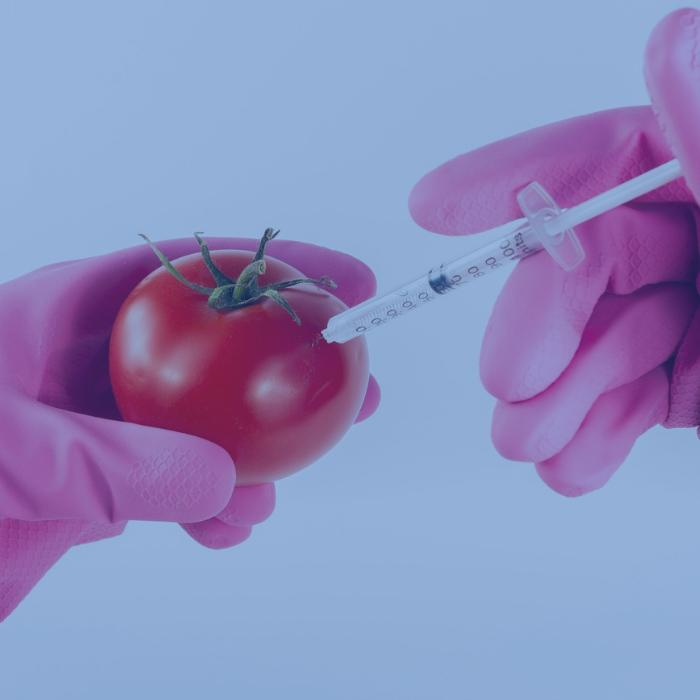

Fenny Martha Dwivany
Indonesia as the sixth largest banana producers in the world has a great potential to develop the banana industry in both domestic and international markets. However, one of the most challenges in the banana industry is the post-harvest handling since banana is one of climacteric fruits which can ripen faster. In Indonesia, banana mostly produced by small farmers, widely spread and lack of post harvest handling due to limited facilites and technology. One of important banana is Pisang tongkat langit from West Indonesia (Maluku) which has high beta carotene content and can only grow productively in particular area such as East Indonesia (from Maluku to Papua). Although it is fundamental to know the ripening process based on the molecular studies, the studies still very limited. The purpose of this research is to study the patterns of gene expression and metabolites that play a role in the biosynthesis of ethylene for delay ripening of bananas using quantitative PCR methods, transcriptomics and metabolomics profiling. In addition to transcriptomics facilities in ITB, Osaka University has established as one of the best metabolomics centre globally. At the moment, one student of the double degree program from Osaka University has also joined this research collaboration. The results of this study can contribute scientifically as information about the work of genes involved in the biosynthesis of ethylene in detail during delay ripening of tongkat langit banana. An understanding of working genes and metabolites involved in the biosynthesis of ethylene is very important to produce improvement of existing and appropriate technology in particular delays ripening of bananas and other fruits in Indonesia.